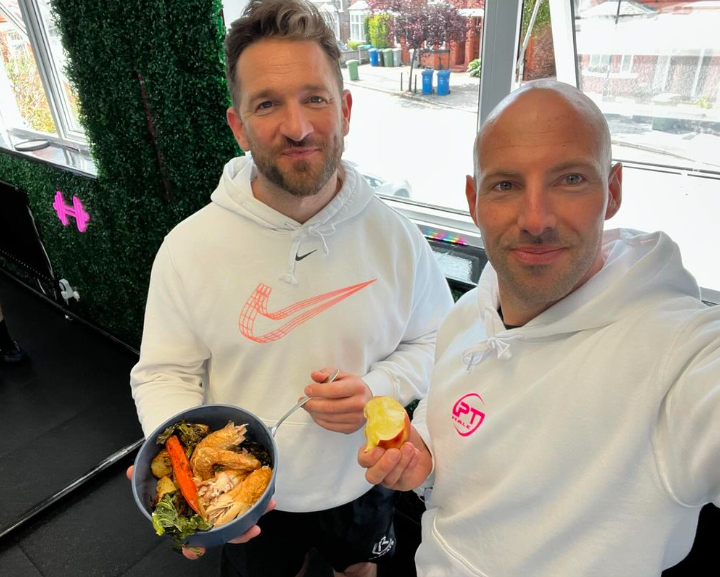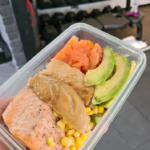Sugar is not inherently bad for you, but consuming too much added sugar can lead to several health issues such as:
- Obesity and weight gain, especially from sugary drinks which do not curb hunger and are associated with increased visceral fat, a type of body fat linked to serious conditions like diabetes and heart disease. Added sugars contribute excess calories, leading to weight gain and obesity.
- Heart disease: High, long-term intake of simple sugars like sucrose (which can be found in table sugar, which is added to processed foods like fruit juices, fruit drinks, sodas, canned fruits, ketchup, sauces etc) and high-fructose corn syrup (candy, baked goods, fizzy drinks and other processed foods) has been linked to an increased risk of heart disease, stroke and type 2 diabetes; over time, excess sugar may damage blood vessels and nerves.
- Insulin resistance: Regular consumption of added sugars can cause insulin resistance, where cells become less responsive to insulin; this can elevate blood sugar levels and lead to diabetes.
- Inflammation and chronic diseases: Sugar-induced inflammation is associated with the development of heart disease, certain cancers, and conditions like arthritis.
- Liver damage: Excessive sugar intake, particularly fructose (can be found in honey, agave nectar, fruit juices etc), can overwhelm the liver and lead to non-alcoholic fatty liver disease – inflammation and scarring that can progress to cirrhosis of the liver.
- Heart disease: High, long-term intake of simple sugars like sucrose and high-fructose corn syrup has been linked to an increased risk of heart disease and type 2 diabetes.
- Increased risk of kidney disease, gout, cavities and cognitive decline.
- Accelerated skin aging due to the harmful effects of sugar molecules on proteins.
It is recommended limiting added sugars to no more than 6 teaspoons (25g) per day for women and 9 teaspoons (36g) for men, or around 10% of daily total calories.
However, it is important to note that the effects of sugar vary among individuals based on factors like weight and activity level. For overweight, sedentary individuals, limiting added sugars is advisable, while for lean, active people, moderate sugar intake is less problematic.
To reduce sugar intake, limit sugary drinks, chocolate, sweets, baked goods, and opt for whole foods like fruits, vegetables, and unsweetened dairy products – focusing on nutrient-dense whole foods is recommended for optimal health. While natural sugars found in fruits, vegetables and dairy are part of a healthy diet, added sugars offer no nutritional benefits and pose several health risks when consumed in excess.
Here are some healthy alternatives to refined sugar:
- Stevia: A plant-based sweetener that is up to 450 times sweeter than sugar and contains no calories or carbs. It may help lower blood pressure and blood sugar levels.
- Dates: High in fibre, minerals, and antioxidants. Date sugar and syrup retain some of the nutrients of whole dates.
- Maple syrup: Contains antioxidants and compounds that slow down blood sugar absorption. Darker syrup may have more nutrients.
- Honey: Unprocessed honey contains minerals, vitamins, proteins, and antioxidants. It has antimicrobial properties and fights inflammation.
- Apple sauce and other fruit purées: Provide natural sweetness along with fibre, nutrients, and water.
In summary, whilst sugar is not inherently toxic, consuming too much added sugar, especially from sugary drinks, can contribute to weight gain, insulin resistance, inflammation, and an increased risk of chronic disease like heart disease and diabetes. Reducing intake of added sugars by avoiding sugary snacks, beverages and processed foods can significantly improve health outcomes. Reading nutrition labels and looking for hidden added sugars in savoury foods can also help.
A Personal Trainer is an investment in your health and well-being that can lead to long-term positive effects on your fitness, confidence, and overall health. PT Hale prides itself on being a social and safe space where you can work out individually, or with like-minded people to get the results that you want and deserve – LET’S GO!











